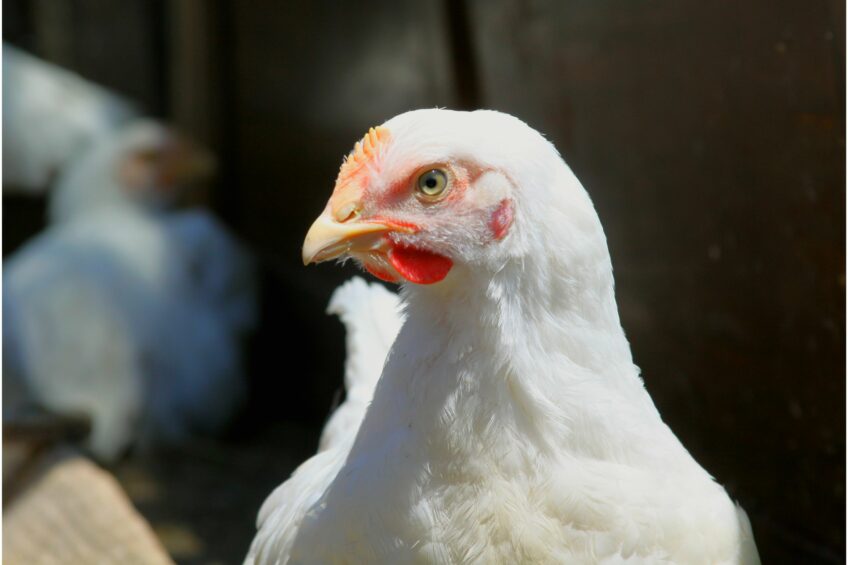Column: Emotion or reason, that’s the question

Quite often, legislation in the field of animal husbandry is based on emotion rather than reason. I have seen many examples where anthropomorphism has taken over when new regulations are drafted.
Anthropomorphism is defined as the tendency to attribute human forms, behaviours and emotions to animals or objects. In plain language, it is the Disney approach to portraying animals in an imaginary world. The truth is that this affects not only our society but influences the scientific community, too.
I see welfare researchers who are convinced that chickens need perches instead of platforms. They argue that this is based on natural behaviour and circumstances, where chickens roost on branches in trees during the night. However, this is a huge misunderstanding because basically they roost at a height as anti-predator behaviour. During the night the predators crawl on the ground and roosting at a certain height is a survival strategy. In reality, if you run a good preference test with platforms and perches at the same height, the different species (fast and slow-growing broilers, breeders and turkeys) all prefer the platforms for resting and roosting.
Good and practical legislation
On the other hand, good and practical legislation will not negatively impact the development and direction of the poultry sector. There are some nice examples where new legislation has led to improvements in animal welfare, management and production performance in poultry husbandry. The prevention of footpad dermatitis is an excellent example. Where paying more attention to welfare can also lead to improved production performance.
Footpad dermatitis is caused by poor litter quality; litter with a high moisture and ammonia content. These conditions lead to chemical irritation of the skin. There is plenty of evidence that these painful footpads result in impaired production performance. Improving litter quality and thus decreasing footpad dermatitis truly is a win-win situation both for the bird and the farm’s bottom line. So this matches well with the BAF (Better for Animal and Farmer) approach. Several EU member states have already implemented measures to combat footpad dermatitis in national law, together with targeted action.
New legislation is often seen as a burden for our industry, but that is not always the case. We have to adapt to new views on animal husbandry if we are to keep our licence to produce. That said, I really hope that policy and decision-makers will try to stick to the scientific evidence and forget the emotional facts and fables, to ensure that the legislation is more in balance.
Join 31,000+ subscribers
Subscribe to our newsletter to stay updated about all the need-to-know content in the poultry sector, three times a week. Beheer
Beheer











 WP Admin
WP Admin  Bewerk bericht
Bewerk bericht